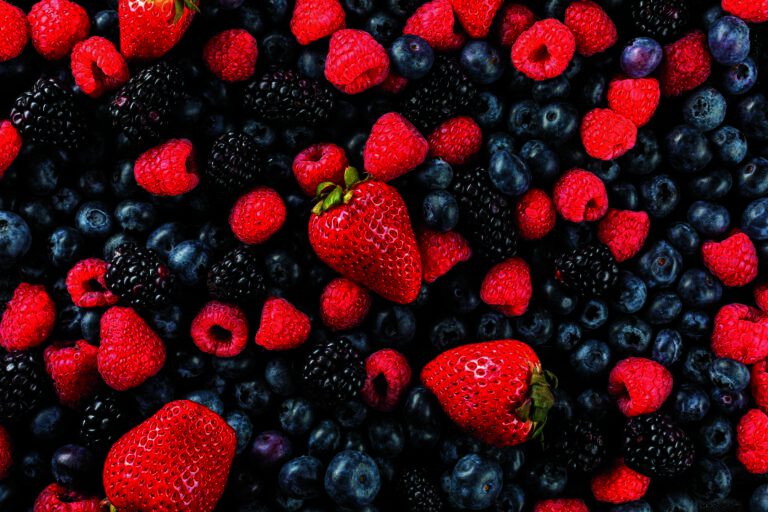In the extensive world of cuisine and dietary awareness, questions about food allergies, intolerances, and sensitivities often confound even the most seasoned chef. As a devoted food allergy public relations specialist, I’ve encountered these inquiries time and again.
The journey into the food allergy realm found me at various points in life—at ages 15 and 30 for me, at 36 for my mother, and at only 11 for my brother. But perhaps the most surprising twist in our family’s culinary saga was my daughter’s severe allergy diagnosis at just 6 months old. Food allergies are not always passed down through generations; genetics play a minor role compared to the influence of environmental factors in today’s food landscape.
According to a recent study by Food Allergy Research & Education (FARE), approximately one in 10 adults in the United States report having food allergies, while one in 13 children are living with their own food allergies. In an average American classroom, at least two children are navigating the intricate world of food allergies. My daughter carries an EpiPen and has learned to advocate for her allergies at just 4 years old.
What exactly is a food allergy, as opposed to an intolerance or sensitivity? FARE defines it as “a medical condition in which exposure to a food triggers a harmful immune response.” These allergic reactions typically occur when the immune system launches an attack on proteins within a food that are normally considered harmless. While many associate food allergies with anaphylaxis, that severe and life-threatening reaction only manifests in individuals with extreme allergies.
Food allergies take on various forms, from an itchy mouth and hives to upset stomach, itchy throat, and even throat constriction, among other symptoms. In contrast, intolerances or sensitivities do not incite immune or life-threatening responses. When you have an intolerance or sensitivity, your body lacks the necessary enzymes to effectively break down and digest that particular food.
With this knowledge, and a vast background in the hospitality and public relations industry, and raising a toddler grappling with a laundry list of severe food allergies, I began my search for a sense of community—a place where families navigating food allergies, whether newly diagnosed or seasoned veterans, could come together. I searched for resources like food allergy-friendly restaurant guides and tips for navigating hospitality experiences with allergies. I sought out food brands free of the top nine allergens to stock in my pantry and compiled allergy-safe grocery shopping lists. Unfortunately, these communities and resources were either elusive or nonexistent.
My husband and I grew up in restaurant culture and spent years studying and immersing ourselves in the hospitality industry. Despite the roadblock of food allergies, we were determined to instill in our children a deep love for food and the joy of shared dining experiences. And so, I created Mother Eats Proper, a vetted roster of food allergy safe brands, inclusive chefs, and influencers chock full of resources.
Through this column, I am calling in food allergy families, like mine, to continue to build a community of educators and advocates. A community of parents who want nothing more than for their child with food allergies to grow up and not silently hold fear within their tiny bodies but rather savor every morsel and variety of dining, kitchen, and social experiences.
I hope families affected by food allergies can find something to connect to within the stories of food allergy individuals and brands I bring to light here. More importantly, I hope you discover safety, solace, and pure gastronomic enjoyment once more.
And, in the spirit of the holidays and togetherness, make these Salted Double Chocolate Chip Cookies as a new tradition with your kids.













